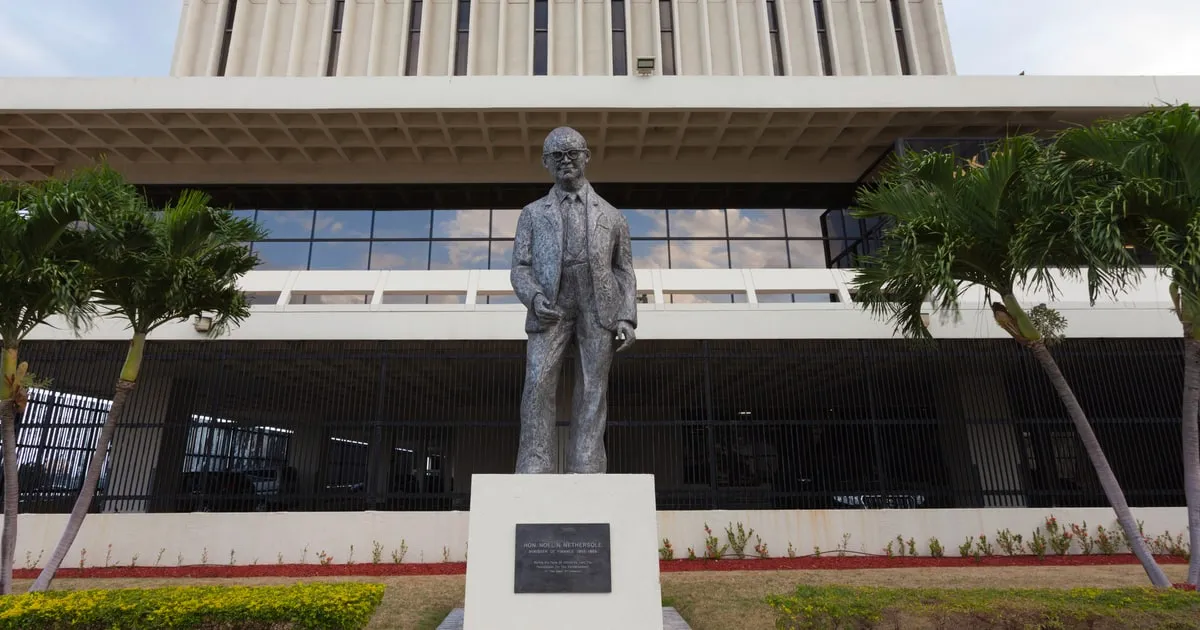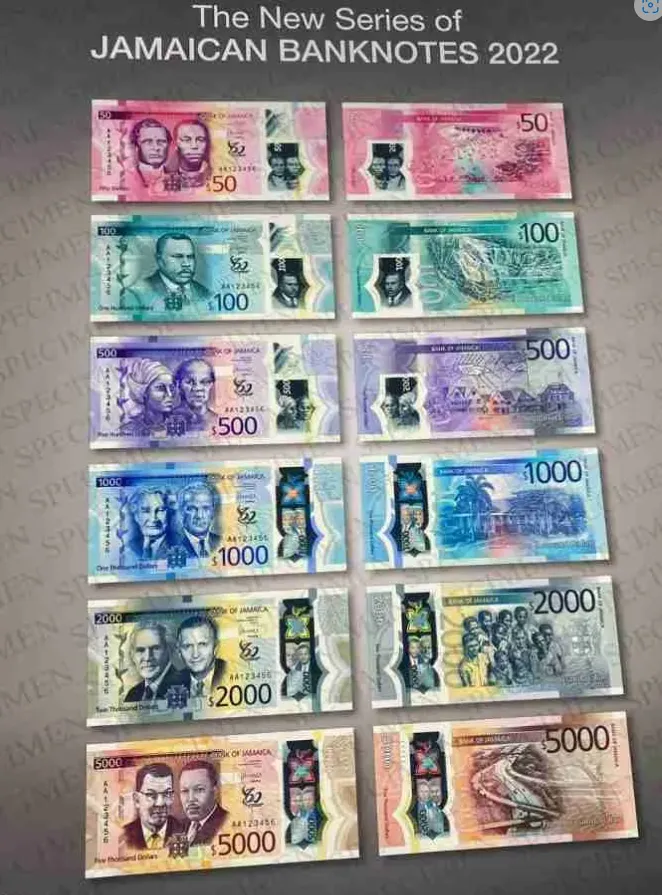This post was inspired by @justina7osun and @bradleyarrow. Thank you both!
I have been watching very carefully as my island homeland #Jamaica rolled out a new Central Bank Digital Currency (CBDC) called JamDex. The roll-out began in June following a successful test in 2021. As a digital monetary enthusiast and a blockchain optimist, I am excited to see this project.
 Photo from Godfrey Benjamin article
Photo from Godfrey Benjamin article
On the one hand, I think digital cash will go a long way to increase equity in the Jamaican system. As I was growing up there, I saw how money tended to flow and pool around certain people but not around others. I think digital cash can fix some of that. Just this March I noticed long ATM lines in Kingston as well as in the countryside. I realized that there were some ATMs that did not dispense cash for certain banks or cards. JamDex if the diffused right can lead to greater monetary empowerment of Jamaican people.
On the other hand, I would have preferred to see this deployment with/on some kind of blockchain platform. One of the key elements that choke developing economies is political corruption. The transparency of Blockchains would at least force a level of accountability. Also, a blockchain application could give more power to individuals than to the central bank in this case.
That said, I think JamDex is a step in the right direction for Jamaica. It will allow for greater access to cash, ease of transactions, and greater access even to government services. It is still the case that in Jamaica access to government services is clunky. Just paying taxes at a government office can take up an entire day between travel, finding the correct office, and going through the long lines and bureaucracy. On my March trip, I tried to re-activate a bank account from my college days. My goodness. I could not get it done after the many hours and many pieces of paper I had to push. It is still not done and that money remains with the bank even now.
Another important development that I think the government is doing is that they are reducing the number of paper notes over time. So rather than take a drastic approach by freezing banknotes or anything like that. The position of the government is to use this opportunity to reduce the cost of printing notes and the volume of paper notes. These new notes are printed on different paper for security purposes. I suspect that a part of this note issue is to reduce the number of notes and to begin to remove paper notes for a wider deployment of JamDex.
I also think that there are other reasons for the JamDex approach that central bankers will not disclose. The two most prominent ones are that the JamDex approach will be used to increase government revenue. Approximately 40% of the Jamaican economy is informal. That means this is cash-based and is not subject to income taxes or centralized scrutiny. This means that a system of digital cash that flows through the CDBC will generate lots of data as well as new revenue sources through transaction fees and different forms of taxation.
At present, the only JamDex wallet is available through one provider called Lync. However other providers will provide wallets as the program rolls out. The government will of course validate the wallet providers. Currently, there is no fee for citizen consumers to hold and use their funds in JamDex. However, once the entire economy is formalized we cannot tell what will happen.
Another purpose for JamDex that I think is obvious is to track money laundering and Lotto Scamming. Jamaica has seen a rapid rise in Lotto Scams over the last decade. The vast majority of the victims of the Lotto scams are residents of the United States. The Jamaican government is building a platform to deal with these scammers including links with the FBI and law enforcement in the US. I think the JamDex digital currency will also be a tool in the government's toolbox.
Finally, I think JamDex like other CDBCs direct play against cryptocurrencies. Governments do not want citizens to abandon their fiat currencies. Jamaica is no different. The IMF has been insistent for example that El Salvador rescinds its Bitcoin legal tender law of 2021. I have no proof of this to date but in my view rolling out CDBCs in Jamaica, The Bahamas, and The Eastern Caribbean is a direct attempt to offer solutions against the rise of crypto in Latin American states like Venezuela, El Salvador, and Brazil.
It will be interesting to see how this plays out in the upcoming months.
Upvote or Reblog if you like this post. Follow me here on #Hive.
